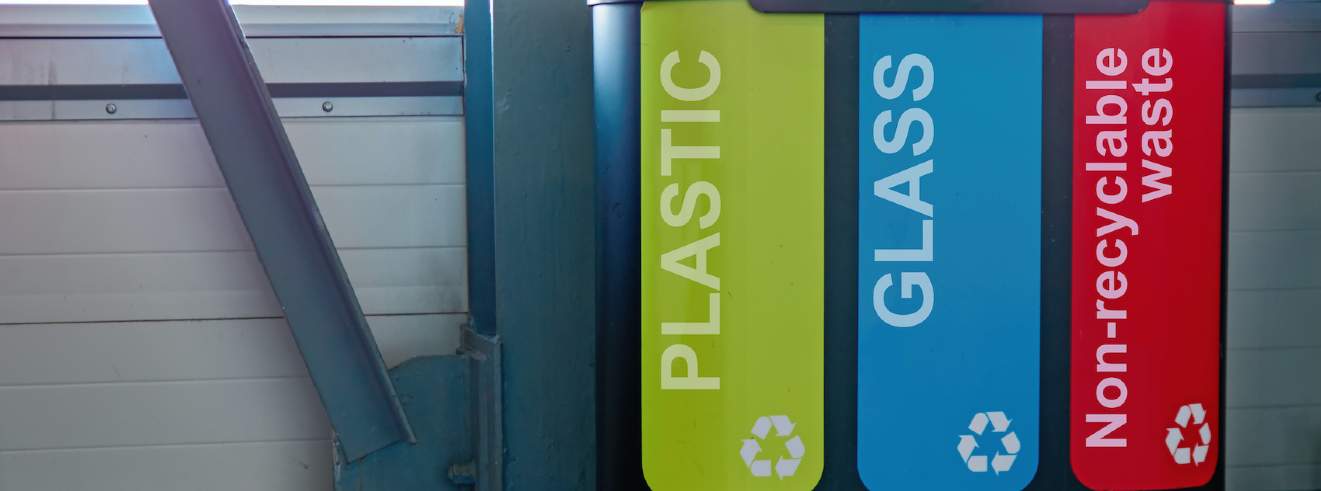Historically, the UK has exported large quantities of general waste to Europe for disposal as ‘Refuse Derived Fuel’ (RDF), a more sustainable alternative to landfill that uses waste as a fuel for industrial processes and to generate electricity. As much as 14 per cent of all the general waste in the UK is exported, with 7 per cent sent to the Netherlands alone.
However, disposing of waste in this way generates greenhouse gases. In an attempt to reduce these emissions as part of their national carbon reduction strategies, the Netherlands and Sweden have approved new taxes designed to limit imports of waste into their countries. The Netherlands is the first to introduce a tax, effective from 1 January 2020, with Sweden expected to follow suit in April.
The tax will apply to all exports of Refuse Derived Fuel at a rate of €31 (£26) per tonne. So what impact will this have on British businesses? We estimate that businesses whose waste is exported to the Netherlands could be facing cost increases of up to 20 per cent.
Waste contractors who export to the Netherlands are likely to look for alternative disposal routes in an attempt to avoid the tax and with many planning to use UK facilities there are likely to be increases in fees at UK energy from waste facilities (EfW) as well. This will see running costs for waste contractors go up, which in time could be passed on to the customer.
Although there is a number of EfW plants in operation in the UK, the country does not have the capacity to incinerate all the waste it currently generates and it is possible that some contractors may revert to landfilling waste as a lower cost option. Business that generate general waste could therefore be subject to cost increases or face the prospect of their waste being sent to landfill.
To understand these risks, early engagement with waste contractors will be required. Waste audits can be used to map out disposal routes and understand if waste is being exported outside of the UK, and if so where. With any increases in general waste costs strengthening the business case for recycling, audits can also be an effective way of identifying opportunities to reduce waste and recycle more.
Ultimately it may be necessary to go to the market and retender waste services to find a more appropriate contractor based on site or client requirements. What’s clear, however, is that the waste industry is going through a period of change and that recycling more is the key to controlling costs.
Further information
Contact Savills Sustainability

.jpg)
.jpg)

